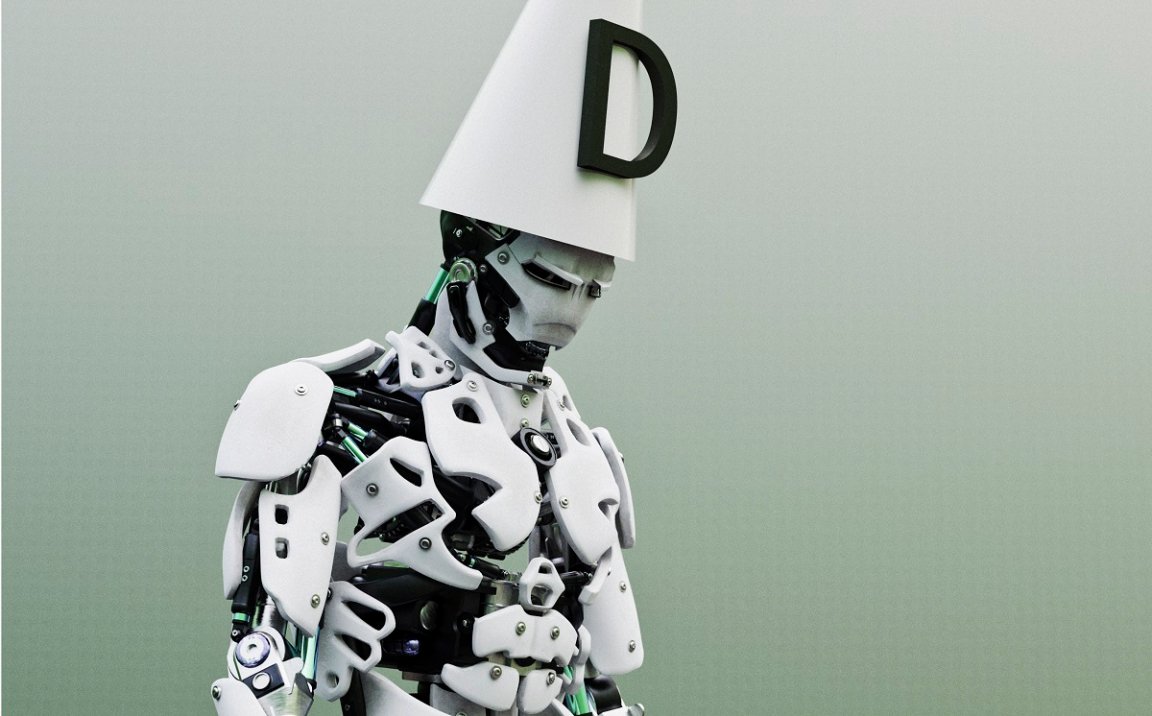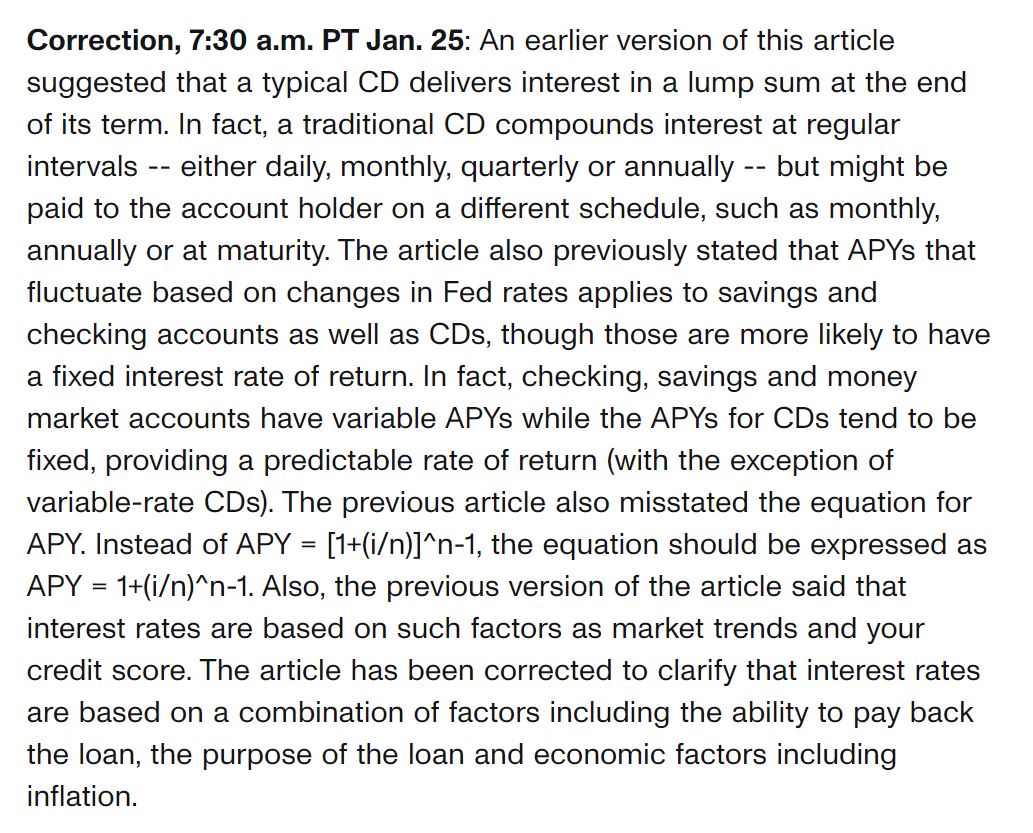
This morning, CNET editor-in-chief Connie Guglielmo broke the site’s lengthy silence on its decision to publish dozens of AI-generated articles about personal finance topics on its site.
It appears to be the first time that anyone in the site’s leadership has addressed issues of rampant factual errors and apparent plagiarism in the AI’s published work, both first identified by Futurism.
In a brief note, Gugliemo admitted that CNET had made certain “mistakes.” In her view, though, the blame for the plagiarism issues lies not with the AI but with the editor in charge of reviewing its work.
“In a handful of stories, our plagiarism checker tool either wasn’t properly used by the editor or it failed to catch sentences or partial sentences that closely resembled the original language,” she wrote. “We’re developing additional ways to flag exact or similar matches to other published content identified by the AI tool, including automatic citations and external links for proprietary information such as data points or direct quote [sic].”
Without mentioning or citing Futurism‘s reporting, Gugliemo also addressed the bot’s track record of egregious errors, which have now drawn scrutiny from the New York Times, the Washington Post, and many other outlets.
“After one of the AI-assisted stories was cited, rightly, for factual errors, the CNET Money editorial team did a full audit,” she wrote. “We identified additional stories that required correction, with a small number requiring substantial correction and several stories with minor issues such as incomplete company names, transposed numbers or language that our senior editors viewed as vague.”
“Trust with our readers is essential,” she continued (remember, these AI articles were never formally announced and the AI’s errors and borrowed language only came to light because of external scrutiny). “As always when we find errors, we’ve corrected these stories, with an editors’ note explaining what was changed. We’ve paused and will restart using the AI tool when we feel confident the tool and our editorial processes will prevent both human and AI errors.”
Indeed, numerous corrections have now sprung up on articles bylined by the AI. Here’s one of the new corrections, for perspective:

But Guglielmo also pledged that the AI will be back to publish more articles for CNET.
“We’ve paused and will restart using the AI tool when we feel confident the tool and our editorial processes will prevent both human and AI errors,” she wrote.
More on CNET‘s AI: CNET’s AI Journalist Appears to Have Committed Extensive Plagiarism